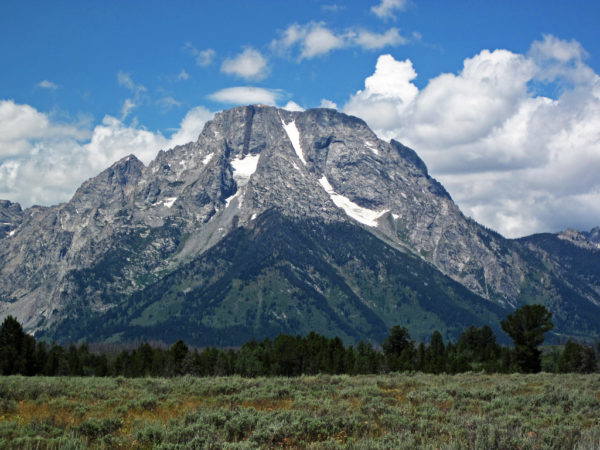Recently I was expressing my frustration to a friend about how environmentalists have hijacked the policy discussion around environmental issues and driven it in the wrong direction. I was explaining how environmentalists were forcing costly regulations on our society without, as Steven Koonin has put it, “acknowledging not only the scientific certainties but also the uncertainties, especially in projecting the future.” (Steven Koonin discusses this issue in his piece Climate Science is not Settled that ran in the WSJ on September 19, 2014.)
I continued explaining to my friend that environmentalist rhetoric has, unfortunately, cast this as a battle between those who love nature and those who wish to exploit it. In doing this, they’ve framed the issue in “us versus them” terms where you’re cast as an evil polluter if you want to have an informed discussion about appropriate regulatory scope. But an informed discussion on these issues is critical, for without it, we’re at risk of basing policy on guesswork. And while that’s never a good idea, it’s particularly bad where the costs of incorrect policy to our environment and economy are enormous!
“Wait a minute Joe,” my friend interrupted, “take a breath! I thought you were an environmentalist?”
“No,” I responded, “I’m a conservationist.”
“What’s the difference? And does it really matter that much?” he asked.
* * *
I’ve spoken often of my conviction that we all have a responsibility to do everything we can to preserve and protect the beautiful natural landscapes and abundant natural resources to be found in our great country (especially those of us lucky enough to live in Wyoming’s Upper Hoback Valley). This is why I’ve spent so much time and money over the years working on projects like the effort to preserve the Wyoming Range, the campaign to protect the Hoback Basin from oil and gas drilling, and our ongoing study to reestablish the Common Loon in its former breeding range.
This activism of mine surprises some people, who ask me if I’m an environmentalist. The answer is no. What I am is a conservationist.
Environmentalists believe in their hearts that man is an intruder in nature – that we have no business cutting timber or building dams or otherwise making use of any of the natural riches God has bestowed on us. The best thing we can do with wilderness areas, they say, is to leave them alone. To paraphrase John Muir, the man generally credited with being the father of environmentalism, when it comes to the great outdoors, we might occasionally look, but we should never touch.
Conservationists, on the other hand, believe that human beings are just as much a part of the natural ecosystem as any black bear, cutthroat trout, or trumpeter swan. That said, while humans may have the right to make use of nature’s bounty, we can, if we’re not careful, wreak havoc with the landscape. As a result, conservationists recognize that we have a special responsibility to be vigilant stewards of the environment. This means living up to the tenets of sustainability and balanced use that are so important to the continued health of all natural ecosystems.
This at least is how I see it, and it’s why I created the Ricketts Conservation Foundation. To my way of thinking, environmental stewardship is an enduring value that is everyone’s responsibility. We shouldn’t squander nature’s riches, but neither should we shy away from them. As with most important things in life, the key is balance and understanding.
And that brings me to the chief concern I have with environmentalist rhetoric, which often makes having a responsible and informed discussion about these issues impossible. It seems that if you want to acknowledge the limits of our scientific knowledge, and how those limits should inform the appropriate scope of regulation, you’re a pariah, hell bent on destroying the environment. But predicting the future is never easy, particularly when dealing with cause-and-effect within complex environmental systems. So there are some things we know for sure, and other things that we believe are true. Promulgating costly regulation supported by hypothesis rather than science is a very dangerous game for both the environment and our economy. To my mind, engaging in honest and informed discussion about these issues is among our responsibilities.

